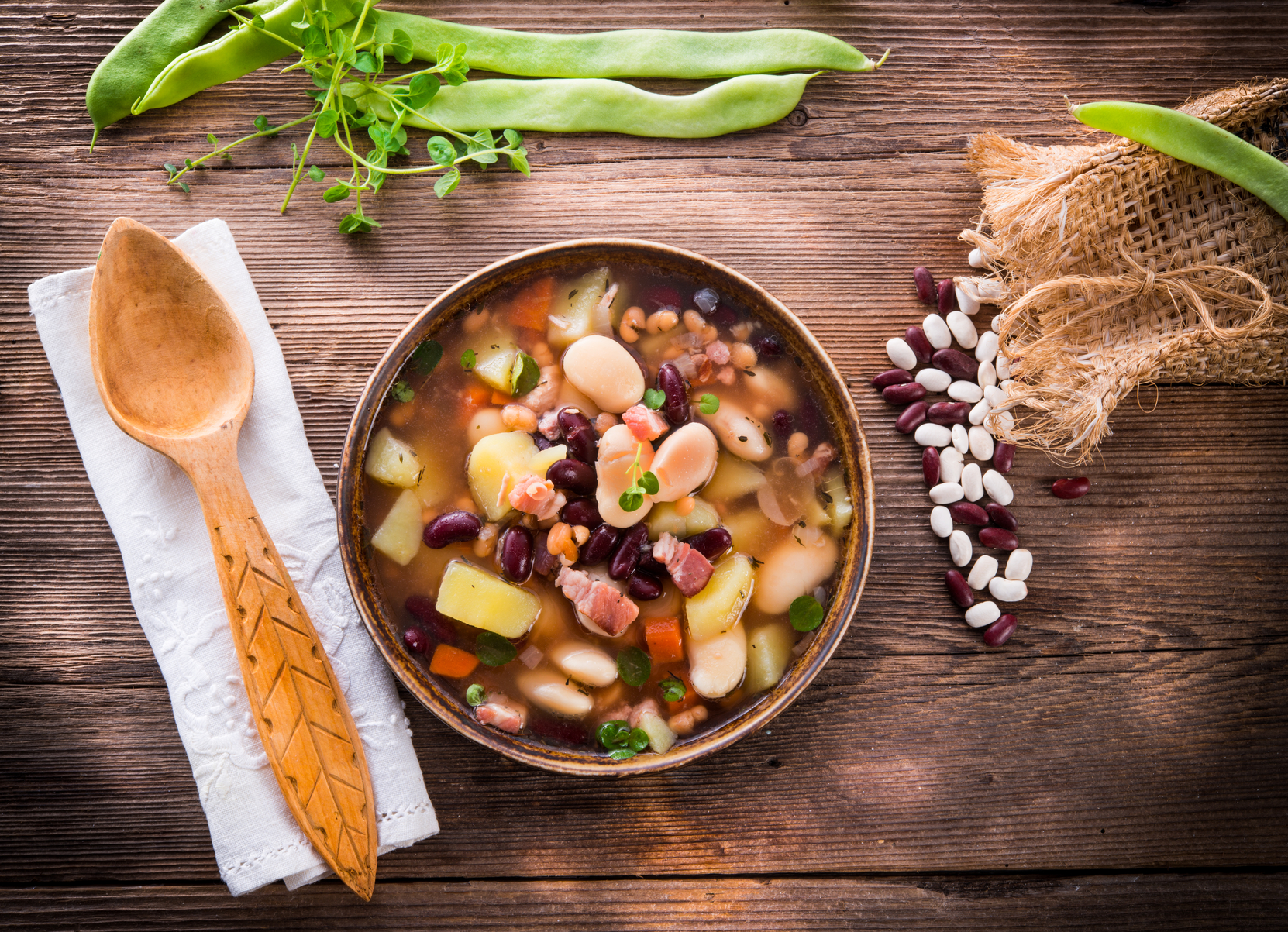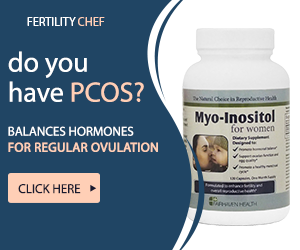Polycystic Ovary Syndrome, also known as PCOS, affects many women. While it can be hereditary, its causes aren’t 100 percent clear. Women affected with this disease typically begin showing the first signs of symptoms during their reproductive years – ages 12 through 45.
Regarded as an endocrine disorder, PCOS is seen as highly genetic, although some believe that signs of PCOS can be reversible.
According to scientists, PCOS affects, on average, 5-10 percent of women worldwide. And while PCOS causes ovarian cysts, removing those cysts – or the entire ovary – does not remove the disease.
PCOS was first defined by Stein and Leventhal in 1935. But it wasn’t until later studies conducted by gynecologists that we learned just how big of a role hormones have in this disease.
PCOS has been found to be highly genetic of both parents. Both mother and father are capable of passing this disease to their daughters and daughters and sons could also pass this to their kids. In the case of PCOS, fathers and sons are asymptomatic gene passers, while daughters have a 50 percent chance of getting this disease.
Some researchers believe that PCOS may take place in an unborn baby. This would occur during the prenatal stages of pregnancy when the mother is breathing in the gases from plastics that are non BPA protected.
Symptoms of PCOS include:
- Anovulation: Causes irregular periods, amenorrhea and ovulation infertility. Not every woman with PCOS has all of these symptoms.
- Androgenic Hormones: These are the PCOS hormones that secrete more testosterone that could cause acne and hirsutism.
- Insulin Resistance: Could cause obesity, type II diabetes and high cholesterol levels. Early diagnosis of PCOS could reduce the risk of obesity and diabetes. Exercise and a low GI index diet helps here.
Not every woman who has PCOS will have polycystic ovaries. Nor does every woman with ovarian cysts have PCOS.
PCOS Treatments
Right now, there aren’t any known cures for PCOS. However, you can keep your risk factors low by maintaining good health practices such as exercising and eating right. Exercising at least three times a week helps lower mental stress, keeps insulin levels in check and helps improve circulation.
Warming up and static stretching prevents muscles from cramping. In turn, muscles then pass the blood to and from the heart while retaining a more controlled hormone level. This gives the body more strength, while also being more flexible. Many women are able to reduce PCOS symptoms with yoga.
Doing cardio for an hour, three times a week, helps to lower and maintain cholesterol levels. This helps in maintaining more balanced BMI levels, which can speed up metabolism.
In addition to exercise, it’s also important to follow a low-caloric and GI Index-based diet. Know what ingredients are in your foods and what they do – after all, a lot of bad sugars are disguised. Be sure to include fresh fruits, vegetables, low-fat and whole grain products in your diet. Also use ingredients that are safer to sweeten your foods like nectar juice or Stevia rather than sugar. This helps to keep your weight and glucose levels under control.
It’s also imperative that you stay hydrated. This results in less muscle cramping with a better flow of blood, keeping everything lubricated. It may also assist in keeping your hormone levels in check, too.
If you smoke and you have been diagnosed with PCOS, please consider quitting. Smoking escalates your androgen levels, exposing you to more cancers, a deeper voice, more body hair and less hair on your head. Plus, it aggravates the disease.
PCOS Hormone Therapy
For women who are not considering pregnancy, hormone therapy could help to maintain balanced hormone levels. Birth control pills stabilize hormones by making your menstruation cycle regular, which in turn, keeps things balanced for your PCOS.
Birth control pills and vaginal rings could also help lower androgen levels, clear up acne and excess body hair. Making your life easier also helps lower mental stress.
However, hormone therapy does not help with heart, blood pressure, cholesterol, diabetes and breast cancer risks. This is why exercise and nutrition are your best course of action – and prevention – for PCOS.





